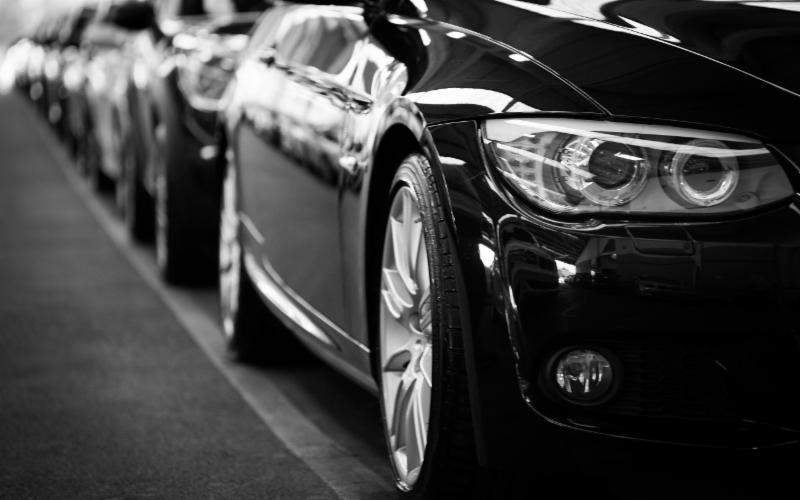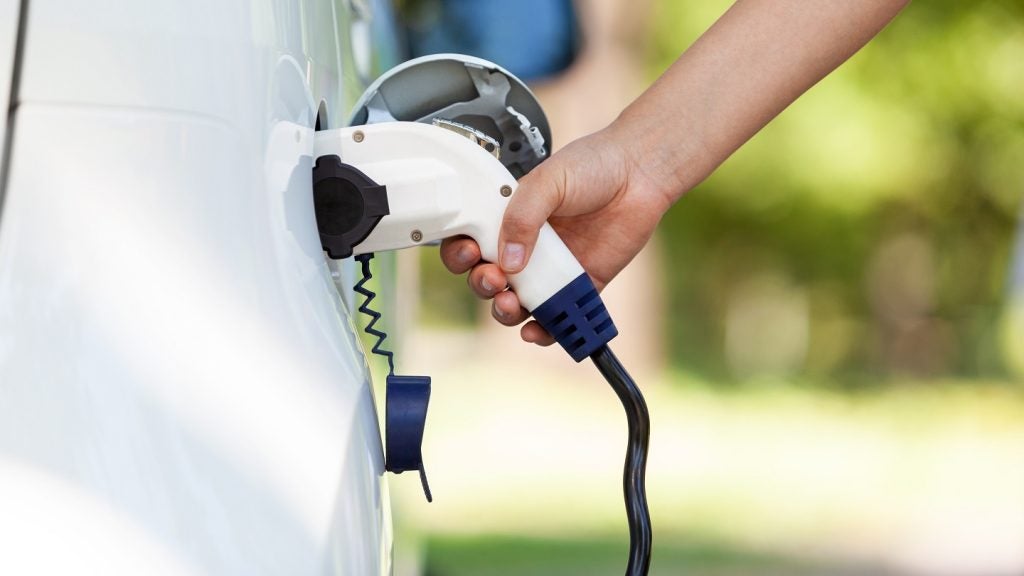
Sales in the UK new car market fell 39.5% year-on-year in January, with 59,030 fewer registrations than the same month last year, data from the Society of Motor Manufacturers and Traders (SMMT) has revealed.
Declines were recorded in both petrol and diesel vehicles, which fell by 62.1% and 50.6% respectively. In contrast, sales of battery electric vehicles (BEVs) saw a year-on-year increase of 54.4%, taking a 6.9% share of the market. The number of available EV models almost doubled from 22 in January 2020 to 40 this year. Combined, BEVs and plug-in hybrid vehicles (PHEVs) accounted for 13.7% of registrations.
The effect of the current lockdown can be seen in SMMT’s latest market outlook. Having expected more than 2m new cars to be registered in 2021, this forecast has now been downgraded to below 1.9m, given the more severe negative impact on first quarter performance and March in particular.
The forecast does represent an increase of 15.7% compared to 2020’s ‘lost year’ but it would still be a very subdued market in historical terms, given the 10-year average new car market to 2019 was 2.3 million. More positively, however, the SMMT estimates that BEVs and PHEVs will grow their combined market share from just over one in 10 new cars, to more than one in seven.
According to the SMMT, 2020 recorded the largest ever fall in average car CO2 emissions, spurred on by increased uptake of BEV, PHEV and hybrid electric vehicles (HEVs). In fact, more than half of all BEVs registered in the past two decades were registered in 2020 alone. Combined with ongoing improvements to petrol and diesel engines, average vehicle CO2 dropped to 112.8g/km – a reduction of 11.8% compared to 2019 and 37.7% compared to 2000.
There can be no let-up in the pace of environmental improvement, however, as the industry must achieve a UK-only CO2 fleet average target of 95g/km this year or face severe penalties, said the SMMT. This underscores the need to get showrooms open as soon as Britain emerges from lockdown, so they can generate the demand required to reach the country’s green goals.
How well do you really know your competitors?
Access the most comprehensive Company Profiles on the market, powered by GlobalData. Save hours of research. Gain competitive edge.

Thank you!
Your download email will arrive shortly
Not ready to buy yet? Download a free sample
We are confident about the unique quality of our Company Profiles. However, we want you to make the most beneficial decision for your business, so we offer a free sample that you can download by submitting the below form
By GlobalDataMike Hawes, chief executive of the SMMT, said: “Following a £20.4bn loss of revenue last year, the auto industry faces a difficult start to 2021. The necessary lockdown will challenge society, the economy and our industry’s ability to move quickly towards our ambitious environmental goals.
“Lifting the shutters will secure jobs, stimulate the essential demand that supports our manufacturing, and will enable us to forge ahead on the Road to Zero. Every day that showrooms can safely open will matter, especially with the critical month of March looming.”
Industry reaction
Sue Robinson, chief executive of the NFDA, said: “sales of electrified vehicles have begun the year with a strong performance and with more models coming to the market, the improvement to the charging infrastructure and retailers investing heavily to inform their customers, sales of EVs will continue to grow.
“Despite the lockdown, the automotive retail sector is looking at 2021 with confidence as sales will likely be fuelled by pent-up demand, rising registrations of low and zero emission vehicles and the increasing importance of car ownership, which is seen by more and more people as the safest mean of personal transport in the present climate”.
Seán Kemple, managing director of Close Brothers Motor Finance, said: “This month, we heard that production in 2020 slumped to its lowest levels since 1984. This has squeezed the new car market significantly, limiting availability and hiking up waiting times for consumers, some of whom will be waiting until 2022 to get the keys to the new car they’ve ordered.
“The impact of Brexit is also starting to show. Ford has upped prices on some models due to the nature of their production lines across the globe, and there’s a risk other manufacturers will follow suit.”
Karen Hilton, chief commercial officer at heycar, said: “While much industry conversation is devoted to the rise of EV, heycar site search data shows that demand for diesel cars is on the rise. Between January and December we recorded a 23.2% increase in searches for them alongside a 22.5% rise in customers looking for petrol vehicles. EVs saw a modest uplift in search of just 10%.
“At the same time, we have also seen a drop in diesel car prices over the past four months of 2.5%. Commuters looking for an economical alternative to public transport and families planning to drive to domestic holiday destinations this summer could be fueling this rise – as the lower headline fuel costs of diesels remain the be
James Fairclough, chief executive of AA Cars, said: “Digitalising elements of the sales process has no doubt been challenging for many, but the industry’s effort and agility will pay off in the long-run – as we expect some drivers will prefer to buy in this way in the future.
“In the short-term, the focus is on two crucial questions – when will dealerships be allowed to reopen, and what will be the impact of the new registration plates introduced at the start of March?
“Amid the continued financial uncertainty, we can expect to see fundamental changes in how people choose to pay for their vehicles moving forward, particularly for those still working from home and weighing up the cost of having an under-utilised vehicle sitting on their driveway. We predict drivers will move away from traditional car ownership in favour of leasing, to benefit from greater flexibility.”
Alex Buttle, director of Motorway.co.uk, said: “The UK trade deal with the EU barely moved the needle in terms of new car sales, although avoiding the uncertainty of a no-deal Brexit has likely averted something of a collapse. But consumers are still generally wary about stretching themselves financially, particularly with tax hikes on the horizon and concerns over jobs.
“An increasing percent of buyers looking to upgrade their vehicles, are turning to the used car market to find more value in their next vehicle purchase. We’re also seeing growing numbers of buyers who don’t usually buy used, considering buying second-hand this year. The used car market continues to be the main beneficiary of a stagnant new car backdrop.”







